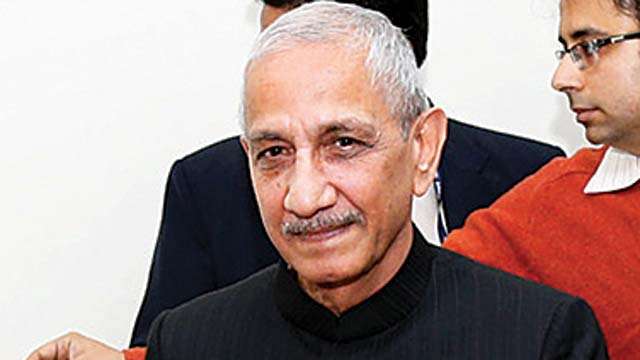There is a famous saying that history is what historians write. There are numerous biases in history pertaining to ethnicity, religion, caste, creed or colour. Out of the so many truths littered there in history we pluck the one which suits us the most. The historical narratives have predominantly native, ethnic and linguistic biases. The fact is that everyone among us wants to prove to the world that our grandfathers were the greatest people that ever walked the earth. A Punjabi would jump to tell you that Punjabis were like lions that were never beaten in any battlefield. Likewise a Rajput would tell you with brave heart stories of his/her ancestry.
We tend to lose sight of the fact that every nation has had ups and downs. Every nation has had times when their soldiers were the best in the world, when their Kings were on a world-conquering mission, when their scholars outshone their contemporary scholars of the time. Likewise every nation has had times when they were abjectly poor, when their soldiers were nothing more than hordes of irresolute pusillanimous souls not willing to take to a battle and when their philanderer Kings were ever-indulgent in romancing women in their Seraglio . The fate of nations has been fashioned in such a way that colonialism and materialism colonialized the whole of Asia and Africa-an unseen phenomenon till that time. It is really strange that some of our historians expect a colonized people to behave and socialize the same way as a tie-wearing gentleman in London or Manchester would behave.
The mist over the picture has grown to such an extent that we have lost view of the actual subtleties. And what our available knowledge leads us towards is the outer configuration that is ever bound to create dilemmas and confusions. The fact of the matter is that people relate unrealistic things with their past so that they can get something to boast of (or to say something to brag about) to the outsiders. We can attribute it to an innate desire inside every human being to feel that their ancestors have been magnificently infallible creatures that were better than what their contemporaries were, at that time in any part of the world. Even in Kashmir history, the myths are present in such proportions that it has become increasingly difficult to sift fact from fiction.
An isolated event in history can’t be generalized over the rest. Society is never static but in a constant state of change. If the society were to be static, then what harm is there to call Romans a nation of eunuchs, lesbians and gays and the Arabs as a breed of people ever indulging in female infanticide. It is unethical and uncharacteristic to bypass the swirls of fate while commenting on the history of nations. The current societies have emerged through the test of times to emerge as a nation repeatedly, reflected in their being existent today.
The ingenuity, industry and activity of the ancient Greeks having nothing in common in the time of today, and in the words of Hume: with the stupidity and indolence of the present inhabitants of those regions. Candor, bravery and love of liberty formed the character of the ancient Romans as “subtlety, cowardice and a slavish disposition do that of the modern”. The old Spaniards were restless, turbulent and so addicted to war that many of them killed themselves when deprived of their arms by the Romans. One would find an equal difficulty says Hume, to rouse up the modern Spaniards to arms. Finally, if we realize the great difference between the present Britishers and those before the Roman conquest shall at once find that the ancestors of the English, a few centuries ago, “were sunk into the most abject superstition.
Kashmir has not always been a nation of paupers but there have been times where we have outshone our contemporaries of the respective times in almost every field. It is the same land where Kalidasa got his knowledge from the Pratyabhijna school of thought. It is the Kashmir towards whose direction Brahman priests of southern India even to this day take six steps, without which their formal knowledge remains incomplete. The same Kashmir where from Buddhism spread to China. It is the same Kashmir of Nund Reshi and Lalla Ded, whose poetry is insurmountable in mystic thought and unassailable in rhythmic sublimity. If Persia is proud of its Firdousi, its Hafiz, its Rumi and its Nizami, Kashmir is equally proud of its Shaiq, its Ghani, its kanil and its Sarfi. Abdul Wahab Shaiq wrote a versified history of Kashmir consisting of 80,000 couplets, which does not have any parallel in the existing historical work on Kashmir. Ghani Kashmiri’s divan has gone beyond the confines of Kashmir and revered highly in Persia (modern Iran). It is the same Kashmir from where Lalitadatiya and sultan shihabuddin ruled almost the whole of northern India. It is the same Kashmir where a Chak King namely Ghazi Chak, while delivering justice hanged his own son and made his remains to be exhibited on a gibbet for eight days.
The fact of the matter is that ups and downs of fate are eternally connected to a nation. No nation can go to down claiming invincibility since Alexander’s time. Every nation had both brave as well as pusillanimous soldiers. Every nation had rich men as well as paupers. We need to see history as it is-mosaic of both good times and bad times.














Leave a Reply